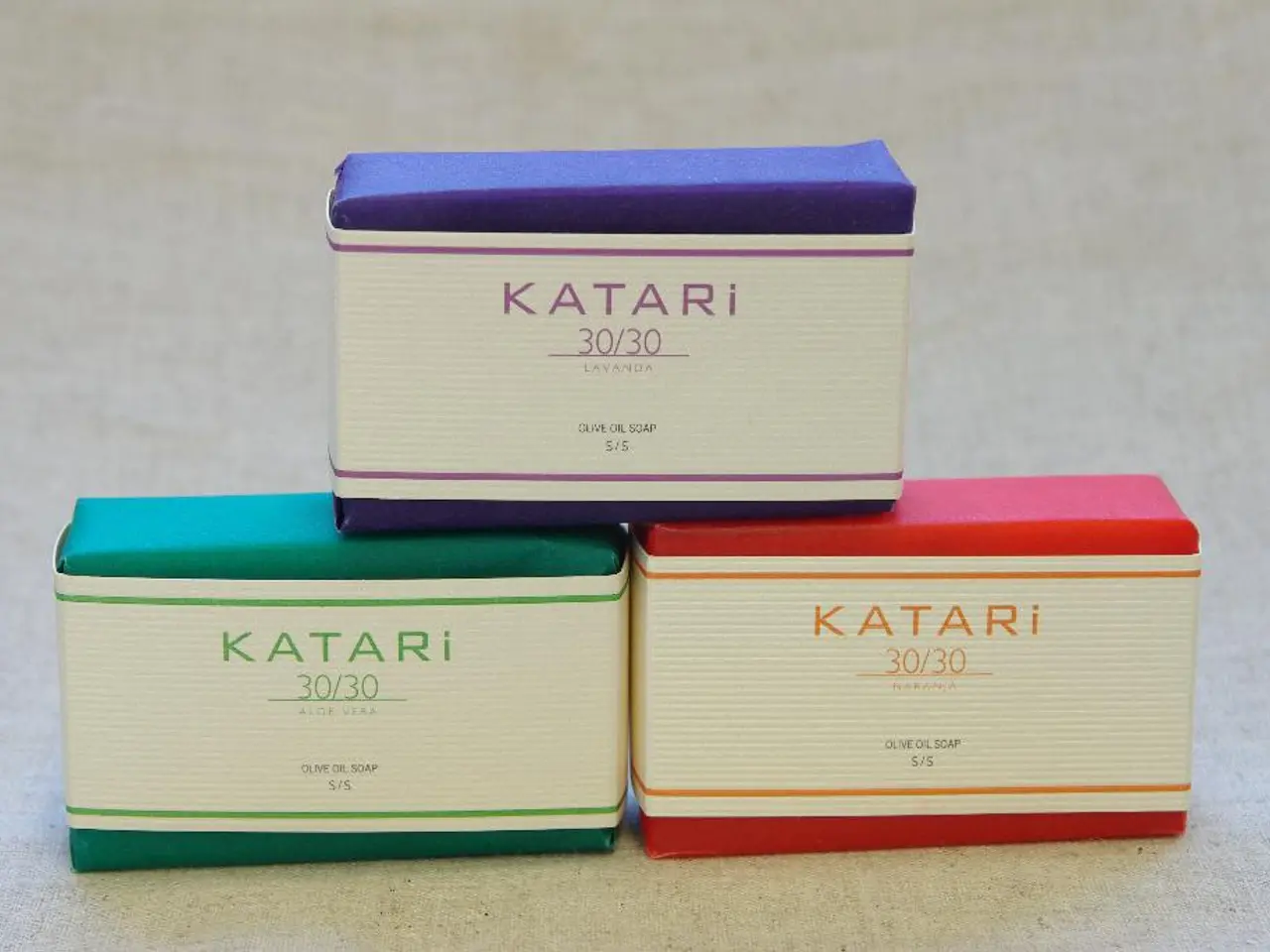Unraveling the Facade of Choice: An Examination of "Sugar" by Tara Moses and Its Questionable Autonomy
In a theatrical turn that leaves an indelible mark, Tia-Alexi Roberts (Narragansett, CS Staff) reviews "Sugar," a scathingly witty play by Tara Moses (Seminole Nation of Oklahoma and Muscogee Creek), staged at Fresh Ink Theater, Boston Center for the Arts from April 17 to May 3, 2025. This ensemble piece, brimming with humor, heartbreak, and hard-hitting commentary, skilfully dissects friendship, ambition, and the deeply rooted issues of class disparity, systemic inequality, and economic survival.
The talented cast includes Tiffany Santiago as Brooke Wilson, grappling with her identity and limited resources; Katherine Callaway as Holly O'Neill, a wealthy, well-connected white woman; Chingwe Padraig Sullivan (Shinnecock and Montaukett Nations) as Derek Adams, a financially secure man who offers Brooke a lifeline; Matthew Feldman-Campbell as Will Strickland; Tanya Avendaño Stockler as Nina Rodriguez; and Rob Cope as the Chorus Man.
The narrative unfolds with a palpable tension between Brooke and her former best friend Holly, lamenting their damaged relationship. The tale weaves through flashbacks, tracing the ebb and flow of their once-solid friendship, revealing a stark commentary on the gulf that creeps between those with different socio-economic backgrounds.
Central to the plot is Brooke, a young woman of color who finds herself in a survival situation, facing eviction, struggling with debt, and joblessness. In a twist that questions the consequences of societal pressures, Brooke accepts an offer to become a "sugar baby," scrapping together a means to attend school and support herself.
The "sugar daddy," Derek Adams, a colleague of Holly's fiance, provides a path for Brooke to escape the dire circumstances she finds herself in. The ensuing revelation of their relationship pits Brooke against Holly and her fiance, who judge her actions as unethical and hypocritical. However, Brooke retorts, asserting that her choices are shaped by systemic oppression and generational poverty – trappings that the wealthy couple can scarcely comprehend.
Through humor and poignant moments, "Sugar" invites its audience to contemplate the true costs of success in an unjust world. The play nestles comfortably in the intersection of classism, racism, and sexism, urging the audience to question the privileges and luxuries they hold dear, and the true meaning of choice in a world where those options aren't equally available to all.
For communities grappling with erasure and economic injustice, "Sugar" resonates with a lived reality: survival often demands heavy sacrifices. Tara Moses' work sheds light on how the systemic inequality forces decisions that are challenging and punishing for women of color who bear the brunt of this inequality.
"Money won't buy happiness," Holly says, unaware that the luxury of such a trite observation comes with its own set of privileges. In a deft exploration of the idea of "choice," "Sugar" unsettles the audience, forcing them to question who truly has the power to make choices and who is left to simply survive.
Photo by Erin Solomon.
[1]: Based on the play's subject matter, Tara Moses' portrayal of a heroic plus-sized woman of color may contribute to the discourse about body positivity and representation in the arts.[3]: The play's exploration of a woman of color navigating societal expectations and class disparity also aligns with intersectional feminist themes.
Movies-and-TV viewers seeking engaging entertainment may find "Sugar" a thought-provoking addition to their watchlist. This play, brimming with humor, heartbreak, and hard-hitting commentary, highlights the intersection of classism, racism, and sexism, inviting audiences to question privileges and the true meaning of choice.
Entertainment enthusiasts looking for productions that tackle real-world issues head-on should consider watching "Sugar," as it delivers a poignant exploration of a woman of color navigating societal expectations and class disparity.






